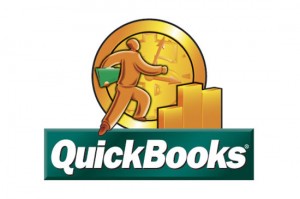If you own a small business, you may already know that there are requirements to pay something towards what’s known as a quarterly estimated tax. In essence, this is an advance on taxes you may owe by the end of the year to both the IRS and whatever state you live in.
Here’s the thing. It’s not actually a requirement. You don’t have to pay anything; you don’t even have to acknowledge it until tax time. What it offers you is a chance to get ahead on your taxes to lessen your tax liability when the new year comes.
It’s a smart thing to do if you’re making a lot of money and have a significant cash flow. By budgeting your quarterly tax payments, which are due in April, June, September and January, you lessen the impact of having to come up with a large payment by the middle of April every year, especially since you might not have any idea just how much you owe until your accountant has taken a look at everything.
However, if your income is pretty low, or you have a lot of expenses that will drastically reduce your income, you might not have to pay anything, and if you do you might get it all back. Of course it’s better to be safe than sorry, so sending something in wouldn’t be a bad idea.
This advice changes if you owe money, or if either the IRS or the state writes you asking you about it. If you had a banner year the previous year both entities might wonder why you’re not paying anything during these quarterly periods. Unless they specifically tell you that you should pay something you don’t have to worry about these letters. Sometimes they’ll send you payment coupons; once again, unless they tell you they’re looking for money you don’t have to deal with these either.
How are you handling this issue? If you want to talk more about it don’t hesitate to call our offices.

